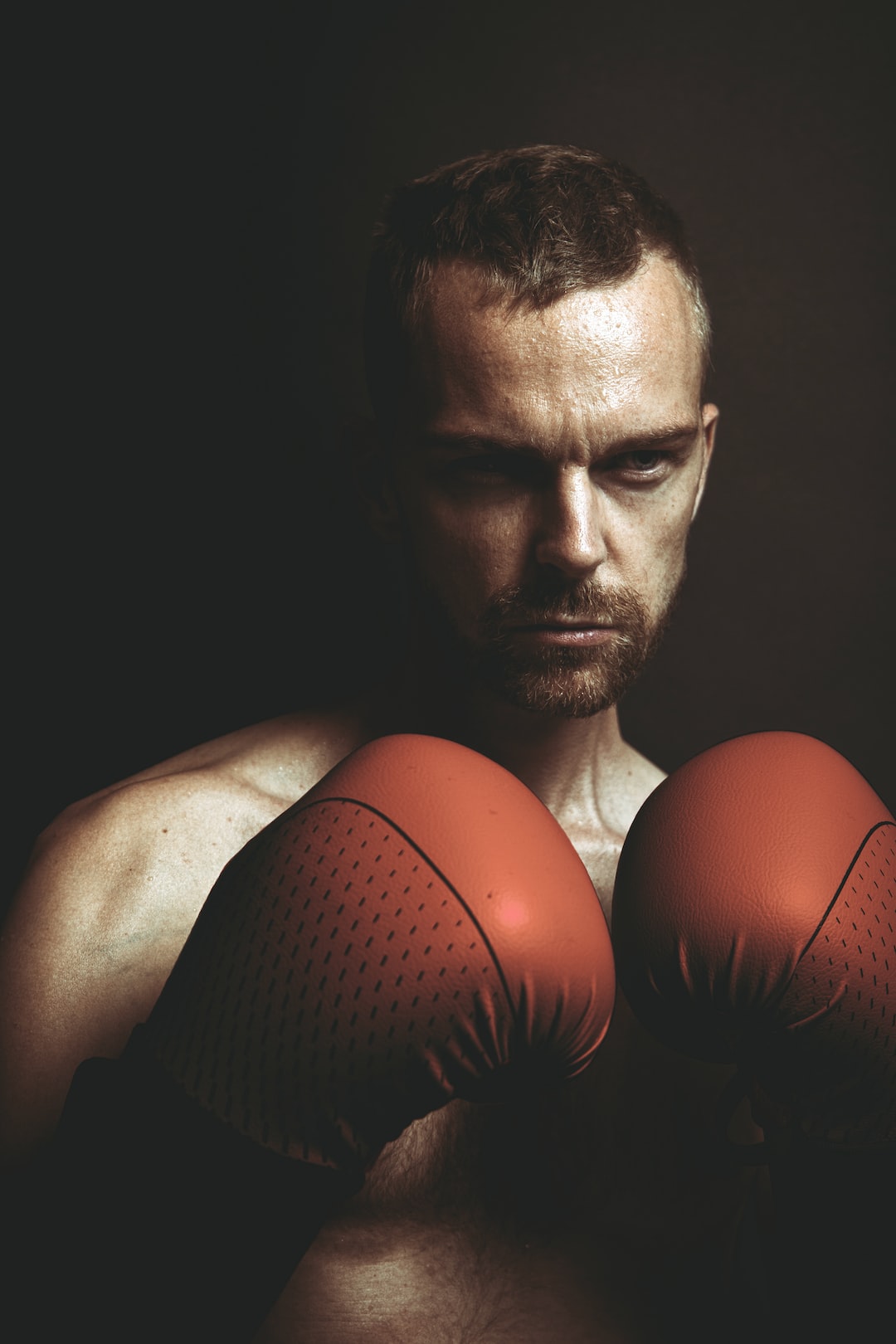Training for a Triathlon: A Beginner’s Guide
Are you ready to take on the ultimate challenge? If you’re looking to test your physical and mental limits, then training for a triathlon might be just the thing for you. This multi-sport event combines swimming, cycling, and running, pushing your body to its limits. But where do you start if you’re a beginner? Let’s break it down in this beginner’s guide.
1. Set Your Goals: Before diving into any training program, it’s important to set realistic goals. Are you aiming to finish a short-distance triathlon or push yourself to complete a more challenging one? Define your goals and keep them in mind throughout your training journey.
2. Get the Right Gear: Triathlon requires some specialized gear. You’ll need a road bike or a triathlon bike, a wetsuit (depending on the water temperature), a good pair of running shoes, a helmet, and triathlon-specific clothing. It’s crucial to invest in quality gear that fits well to avoid discomfort during training and racing.
3. Start with a Plan: Trying to wing it in triathlon training won’t get you very far. Find a training plan that suits your fitness level and goals. There are plenty of online resources, apps, and books that offer training plans specifically designed for beginners. Look for plans that gradually increase training intensity and include rest days.
4. Swim Training: For many beginners, swimming is often considered the most challenging part of a triathlon. If you’re not a confident swimmer, it’s a good idea to take swimming lessons or join a swim club. Focus on building your endurance and technique. Incorporate regular pool sessions, working on distance, speed, and stroke efficiency.
5. Cycling Training: Cycling is an integral part of triathlon training, so it’s important to develop your bike fitness. Start with shorter rides, gradually increasing distance and intensity. Include both shorter high-intensity sessions and longer endurance rides in your training plan. Practice shifting gears, cornering, and riding in aero position (if using a triathlon bike).
6. Running Training: Running is the third discipline in a triathlon. Whether you’re new to running or an experienced runner, it’s essential to develop a running base. Start with shorter runs and gradually increase mileage. Incorporate interval training, hill repeats, and tempo runs to improve speed and stamina. Don’t forget to listen to your body and include rest days to avoid overtraining and reduce the risk of injury.
7. Brick Workouts: Triathlons require the ability to transition quickly between disciplines. To prepare for this, incorporate brick workouts into your training schedule. Brick workouts involve combining two or more disciplines, such as a bike followed by a run. These sessions help your body adapt to the unique challenges of triathlon racing.
8. Nutrition and Hydration: Training for a triathlon demands proper nutrition and hydration. Ensure you’re fueling your body with a balanced diet that includes carbohydrates, protein, and healthy fats. Hydrate adequately before, during, and after workouts. Experiment during training to find what foods and hydration strategies work best for you.
9. Rest and Recovery: Rest and recovery are just as important as training. Your body needs time to adapt and repair, minimizing the risk of injury and burnout. Include rest days in your training plan and prioritize sleep. Consider incorporating activities like yoga, stretching, and foam rolling to aid recovery and improve flexibility.
10. Enjoy the Journey: Training for a triathlon is no easy feat, but remember to enjoy the journey. Embrace the challenges, celebrate small victories, and learn from setbacks. Surround yourself with a supportive community of fellow triathletes for motivation and inspiration.
Training for a triathlon as a beginner may seem daunting, but with the right mindset and a well-structured training plan, it’s absolutely achievable. Remember to start slowly, progress gradually, and always listen to your body. With perseverance and dedication, you’ll cross the finish line and experience the incredible sense of accomplishment that comes with completing a triathlon.
